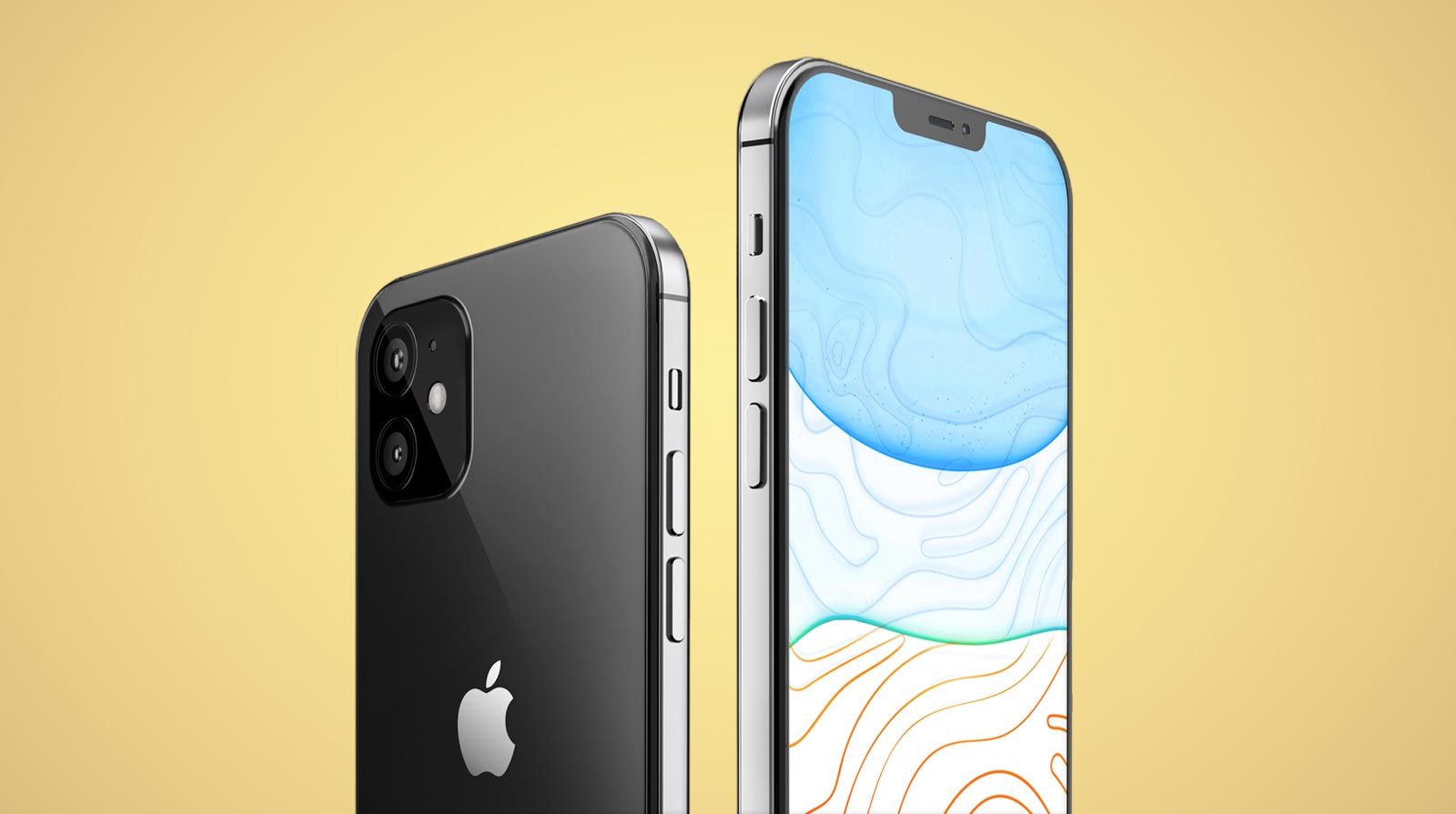iPhone 12 killer A14 Bionic chip should destroy Samsung Galaxy Note 20
The iPhone's 12 new 5nm A14 Bionic will provide a big performance boost while using much less power

- TSMC has revealed that its first 5nm chips will start appearing in phones this fall, and the iPhone 12 should be the first handset.
- Thanks to the 5nm process, the new A14 Bionic chip should be able to provide at least 15% faster performance while using 30% less power.
- The extra performance will allow Apple to deliver better AR performance, while the the efficiency gains could make up for the iPhone 12's rumored smaller batteries.
Apple’s iPhone 12 is set to have the fastest and most efficient chip the company has ever designed, thanks to moving to a 5-nanometer process. And the Samsung Galaxy Note 20 should probably be nervous, even though it's getting a processor upgrade of its own.
Apple hasn’t revealed any specifications for its next-generation A-series chip, but PhoneArena spoke to TSMC, which is Apple’s major chip-making partner, and it revealed that it’s building an upcoming 5nm chip. Given TSMC manufacturers the A-series chips and that the iPhone 12 is coming out this year, PhoneArena posited that the chip maker must be referencing the A14 Bionic.
- iPhone 12 vs. iPhone 11: The biggest changes to expect
- The best phones you can buy now
- Plus: Galaxy Buds Live getting noise cancellation to fight AirPods Pro
If the 5nm chips TSMC is producing are indeed for the iPhone 12, then we can expect the A14 to not only be more powerful but more efficient. According to the PhoneArena report, TSMC's 5nm technology "is about 15% faster but uses a full 30% lower power than the current 7nm node that is in the Snapdragon 865+ or Apple A13."
Currently, Qualcomm’s flagship Snapdragon 865 and its upcoming Snapdragon 865 Plus, which is tipped to feature in the Samsung Galaxy Note 20, is built on the 7nm process node. The Snapdragon 865 is an impressive top-of-the-line chip, but Apple’s A14 should have it beat if it makes the move to 5nm.
The A13 Bionic chip found in the iPhone 11 and iPhone 11 Pro, as well as the iPhone SE 2020, often beats the Snapdragon 865 benchmarks already. So a more powerful A-series chip is likely to have Qualcomm’s best silicon on the ropes.
And it would also mean the iPhone 12 could be the first phone to have a 5nm chip at its heart. That’s a big step and one that even Huawei, which is working on a 5nm Kirin chip, has yet to make.
iPhone 12: What will it do with extra power?
All this will translate into a more powerful iPhone, yet one that doesn’t greedily suck down battery life. In real-world use, the difference between an iPhone 12 and an iPhone 11 in day-to-day tasks isn’t likely to be night and day. But a faster chip could result in better performance in demanding mobile games and the extra power could be used to deliver better computational photography results and power improved augmented reality performance.
Sign up to get the BEST of Tom's Guide direct to your inbox.
Get instant access to breaking news, the hottest reviews, great deals and helpful tips.
Speaking of which, with the iPhone 12 Pro Max expected to have a LiDAR scanner like the iPad Pro 2020, the extra power could really improve the AR experience the phone could deliver. Sadly, it looks like LiDAR will be limited to that phone only as the iPhone 12 Pro is expected to come with a trio of rear cameras: a combination of main, ultrawide and telephoto sensors like its predecessors but with improved sensors.
The claimed battery sizes of the iPhone 12 models have also been leaked and are disappointingly small. But if the A14 is more efficient it could extract a lot more life out of them despite their size.
The iPhone 12 is expected to launch around September time, so we’ll know what has made it out of the rumor mill and into reality and what has not.
Roland Moore-Colyer a Managing Editor at Tom’s Guide with a focus on news, features and opinion articles. He often writes about gaming, phones, laptops and other bits of hardware; he’s also got an interest in cars. When not at his desk Roland can be found wandering around London, often with a look of curiosity on his face.

